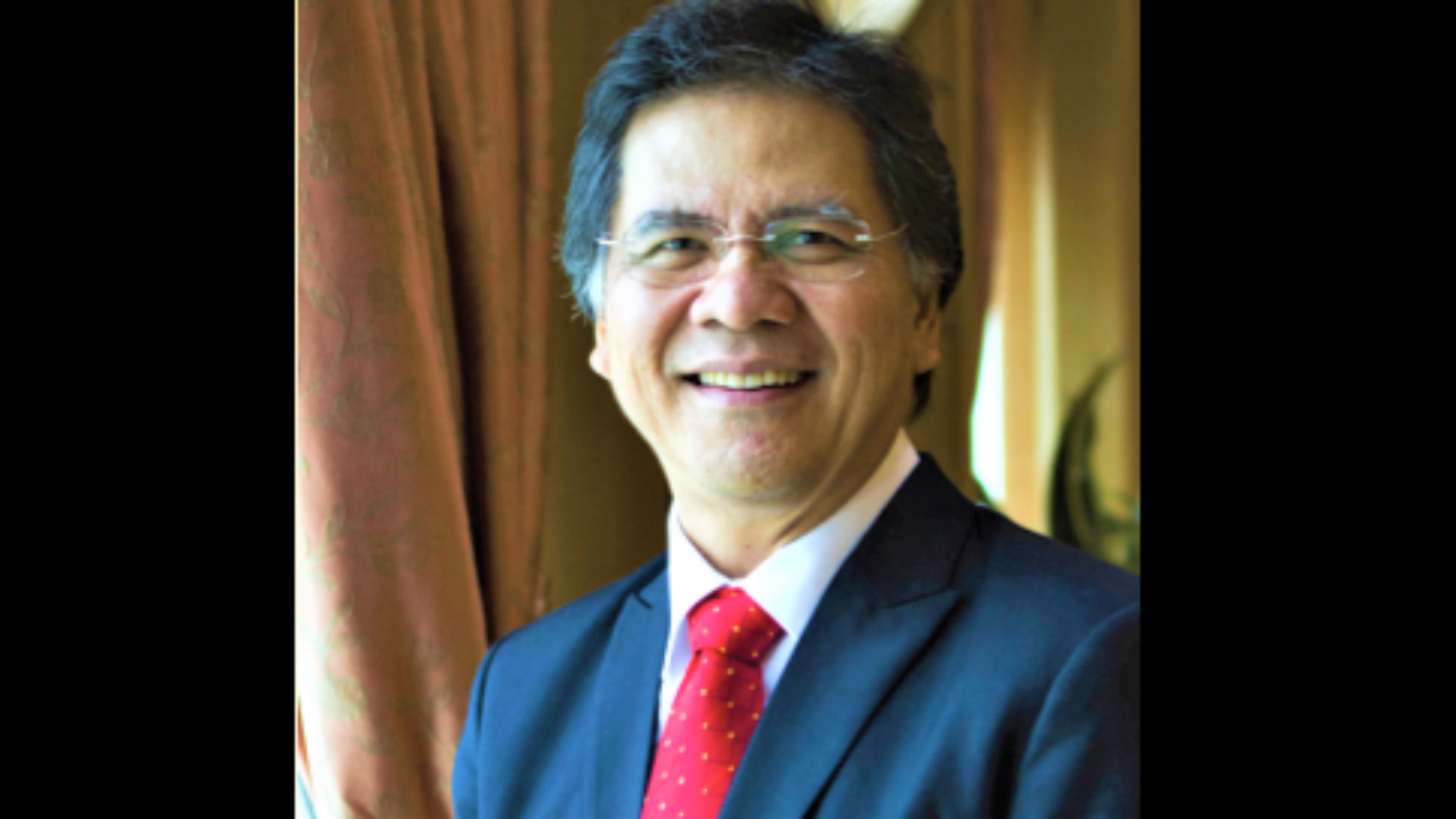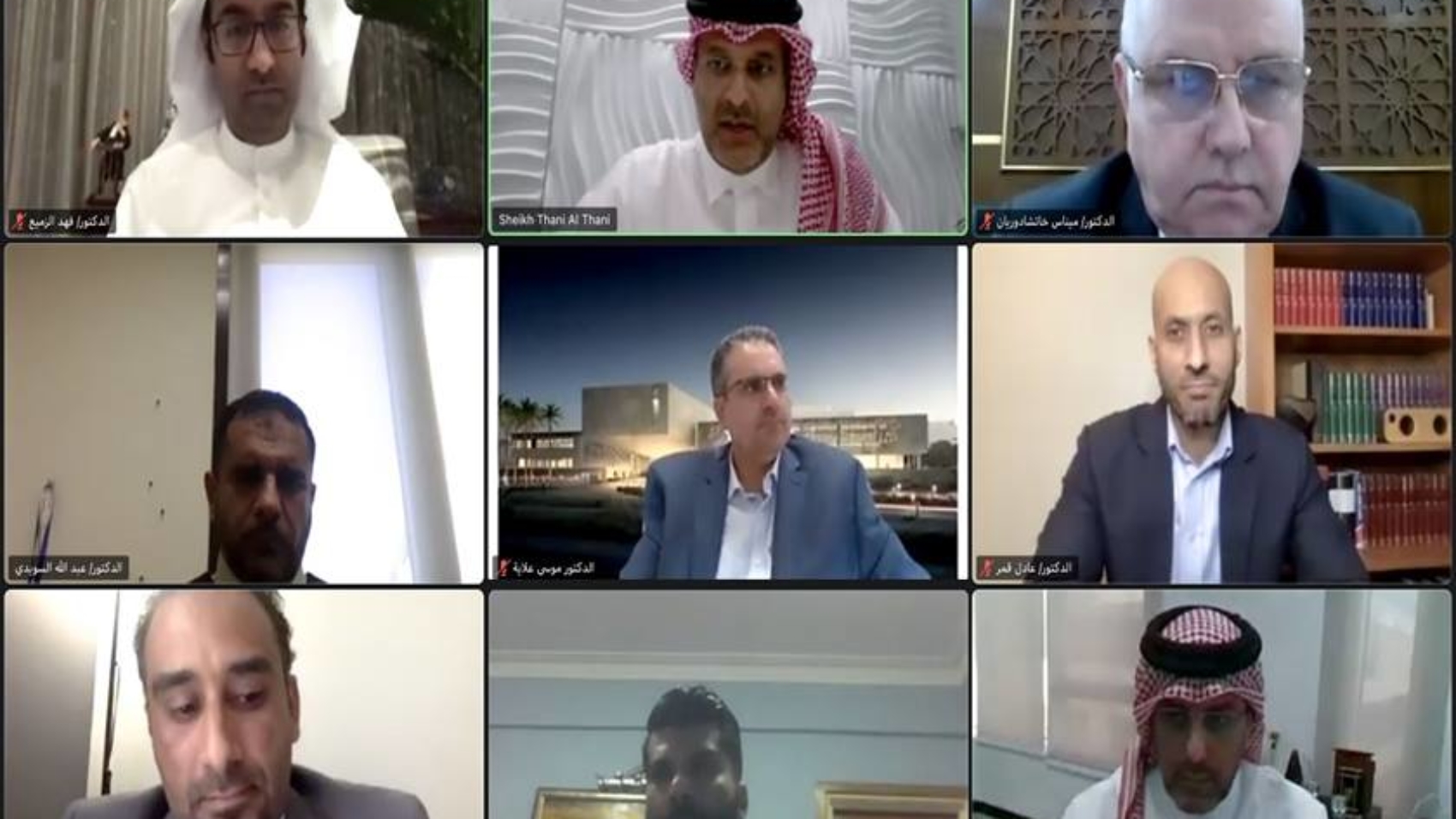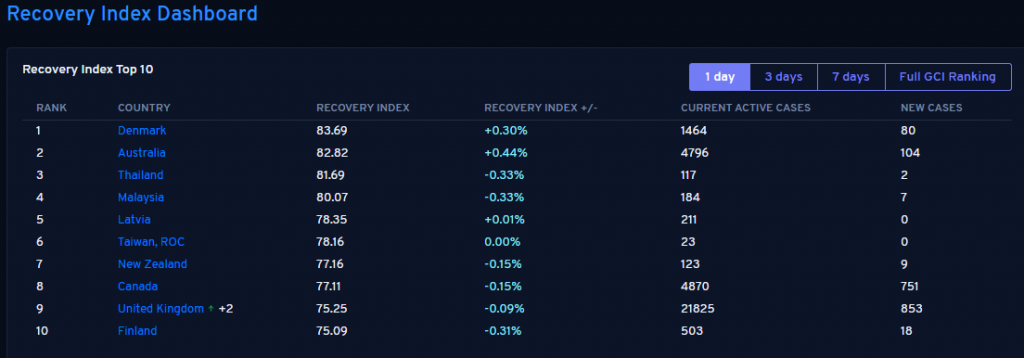KUCHING: A former minister in the Prime Minister’s Department Datuk Seri Idris Jala outlined six secrets of transformational leadership in a souvenir programme book for the official launch of the Orang Ulu Chamber of Commerce and Industry (OUCCI) here, today.
The secrets, according to Idris, who is executive chairman of the Global Transformation Forum (GTF), are:
- Play the game of the impossible
- Use key performance indicators (KPIs) as anchors
- Discipline of actions
- Exercise situational leadership
- Build a winning coalition
- Accept divine intervention
GTF is a platform for key policy makers, global opinion makers and corporate leaders to share ideas on how socioeconomic transformation can effectively take shape in a global environment.
On secret number one, Idris said it’s okay to set one’s goals high, realise how impossible they are to achieve, and accept the fact that it’s alright to fail.
“Only when people move from fear of failure can transformation happen because new ideas emerge to meet impossible challenges,” he added.
The second secret is to work backwards from KPIs to identify the outputs and activities necessary to ‘move the needle’.
This, he said, allows conversations that challenge traditional recommendations and permit the change of course when off-track, he stressed.
On the third secret, Idris said reform should be broken down into highly detailed activities with funding and executed by responsible persons.
“The work of identifying objectives is only the start. The real work occurs in defining action at three feet, not just planning at 30,000 feet.”
Touching on the fourth secret, the former CEO of Performance Management and Delivery unit (Pemandu) stressed that a good leader should read organisational signs and adapt their style to the situation.
“Normally, at the start of a reform process, a leader may need to be more directive, especially when uncertainty and anxiety is generating resistance. As fear settles and consensus emerges, a leader’s style should become more empowering,” he said.
Secret number five entails building and maintaining collaborative networks, recognising conflicting views and political polarities.
“Engagement should reach out beyond traditional stakeholders, and include strategic communication as a critical aspect to generate wider support.”
On the final secret, Idris said regardless of the amount of effort put in, humans have limited control of the outcome of their plan and as such should accept divine intervention.
“We operate in highly complex systems and a leader must acknowledge this uncertainty,” he said.
Idris’s secrets to transformational leadership philosophy are a popular teaching material for world leaders at the World bank, World Economic Forum (WEF), Harvard and Oxford.
He is currently the president and CEO of a consultancy firm, Pemandu Associates, which helps organisations and countries to achieve transformation and business turnaround.
Idris, who has a global reputation for rescuing ailing ventures or confronting difficult scenarios to turn around, is steadfast in his belief that all organisations can lift themselves out of even the worst situations.
Through his signature Big Fast Results (BFR) methodology, he has achieved remarkable transformation results when he was with the government, Pemandu, Malaysia Airlines (MAS), Shell Middle Distillates Bintulu (SMDS), and Shell Sri Lanka.
“People who pursue goals are transformed during the journey because they are forced to be unconventional in how they think and how they do things,” he said.
Idris, a Kelabit from Bario highlands, hoped OUCCI members will be inspired by his stories and experience to take big and bold actions.
Earlier, Chief Minister Datuk Patinggi Abang Johari Tun Openg officiated at the launching ceremony of the OUCCI at Waterfront Hotel Kuching.
Source: New Sarawak Tribune
Read the full article here.










